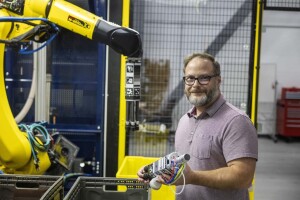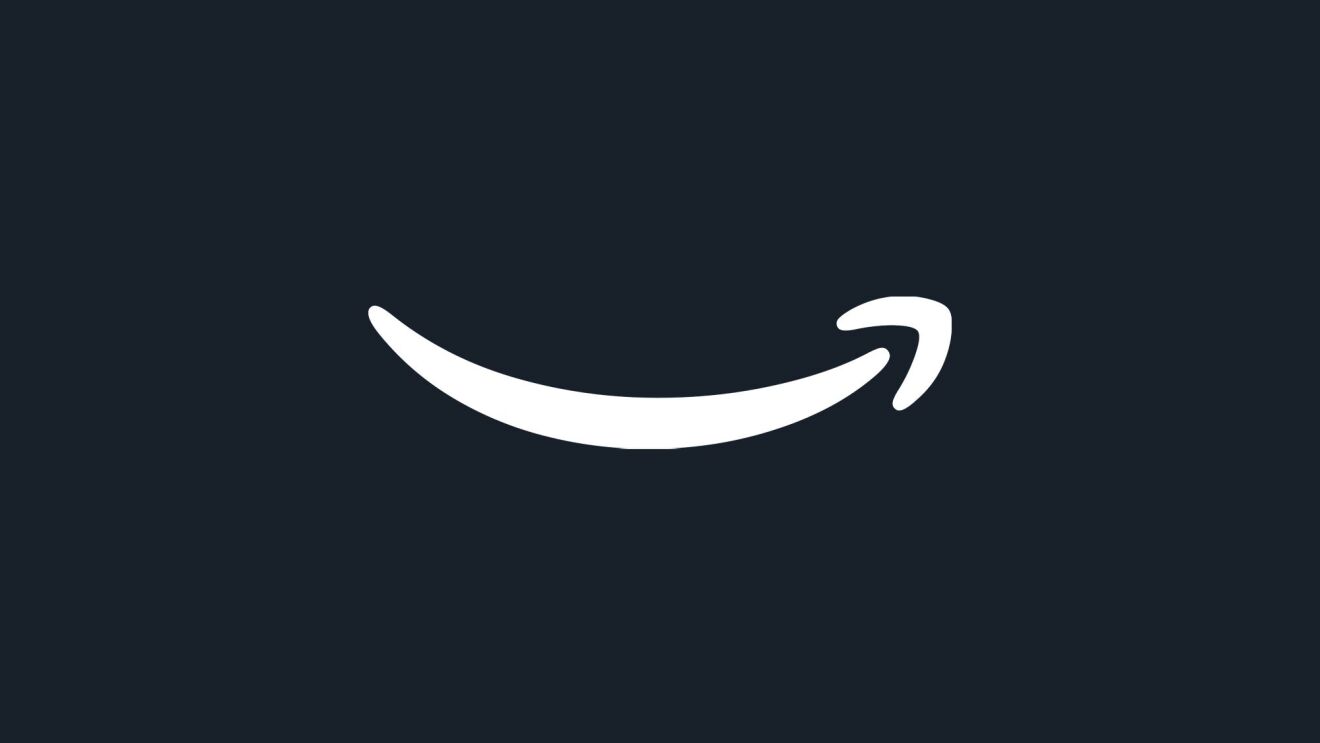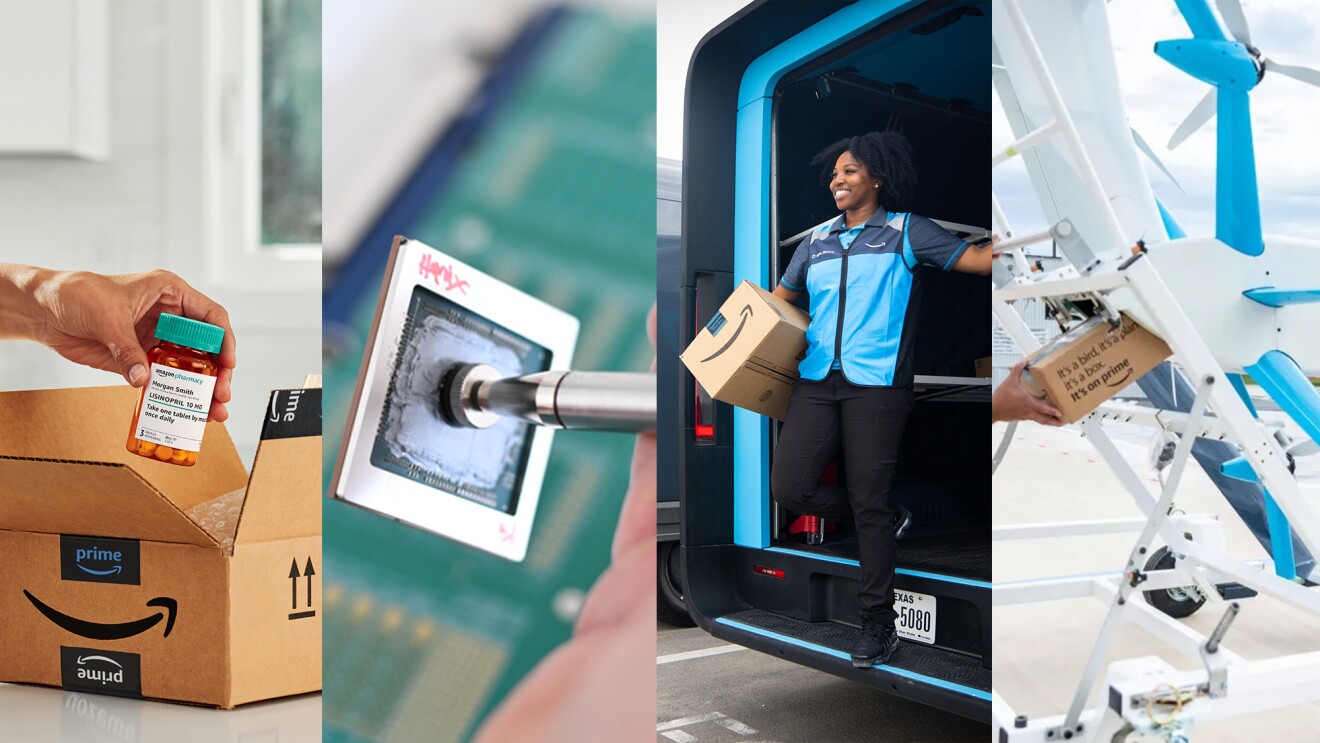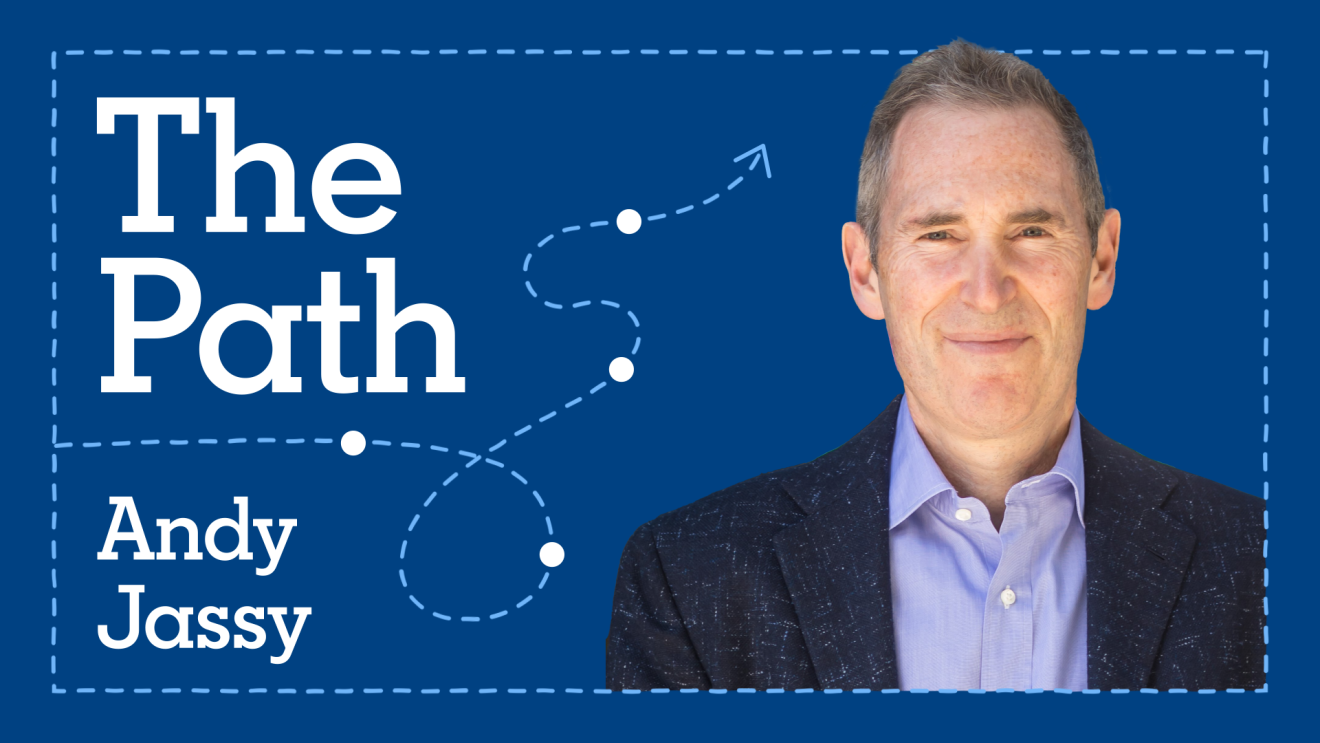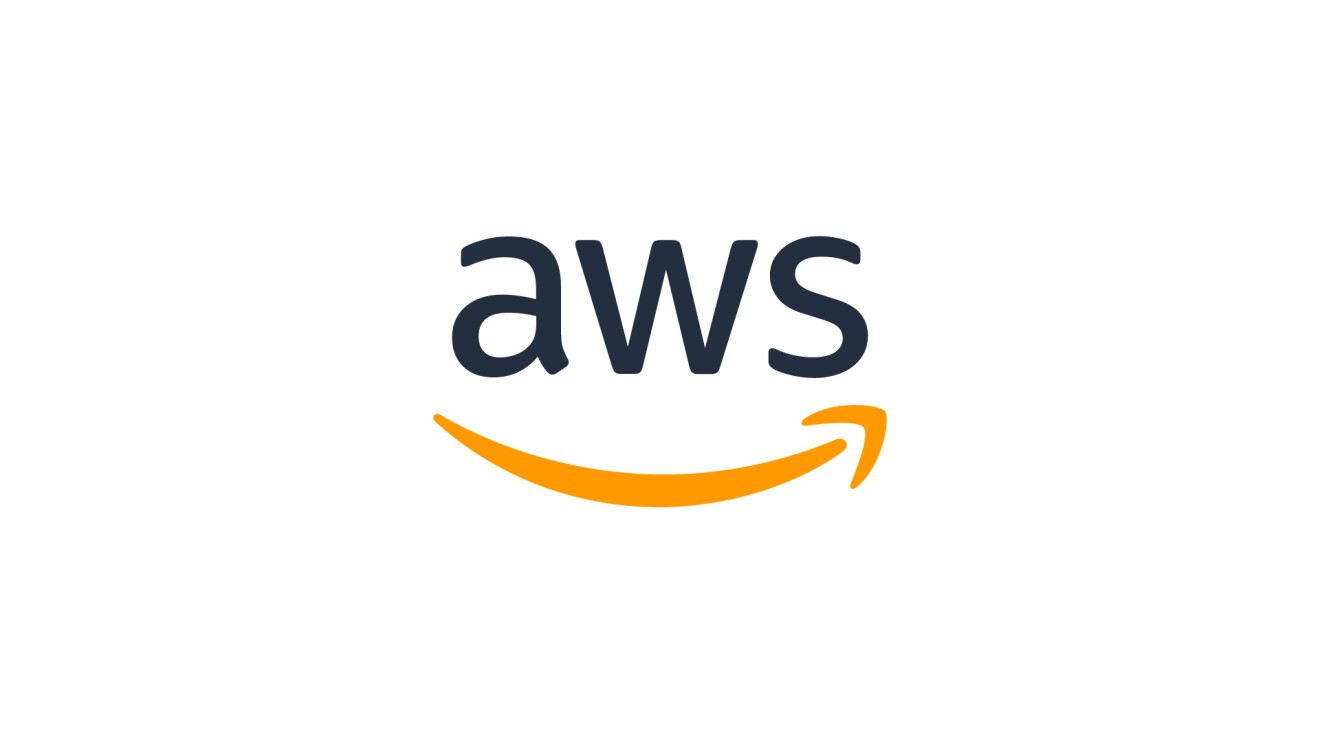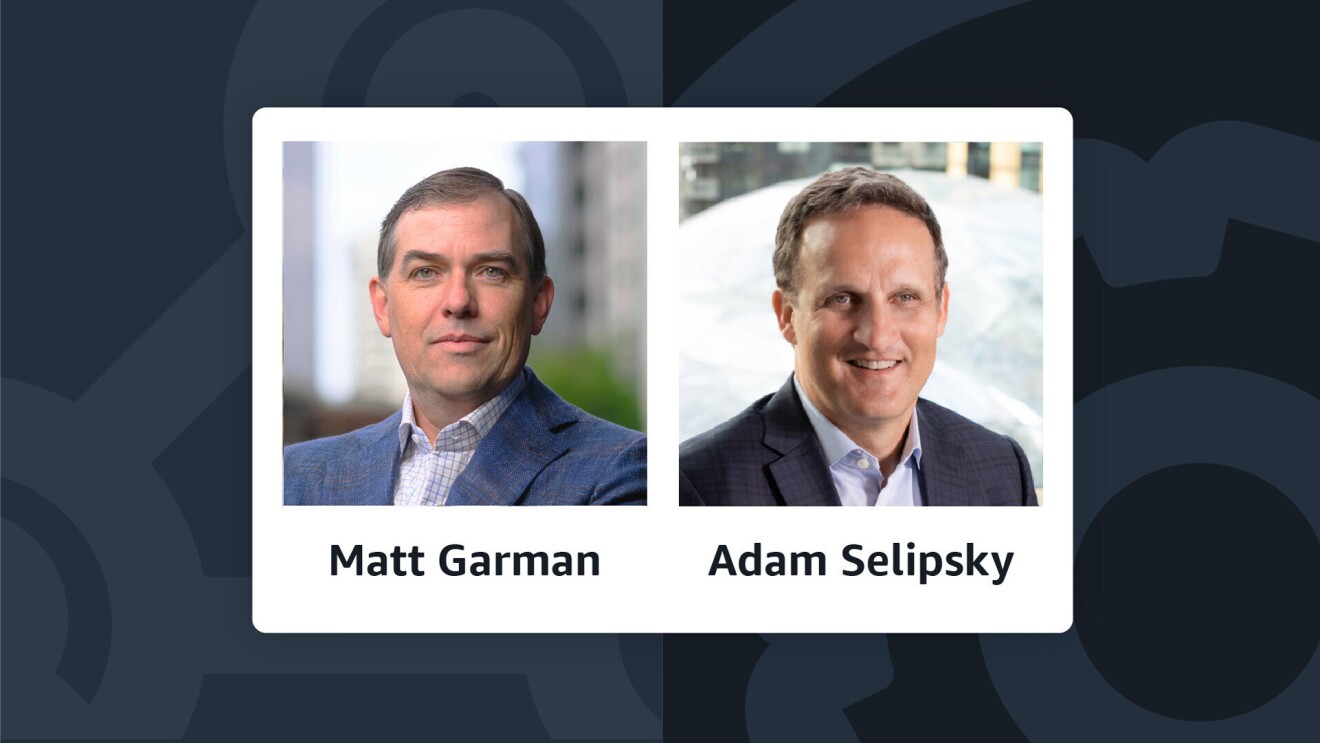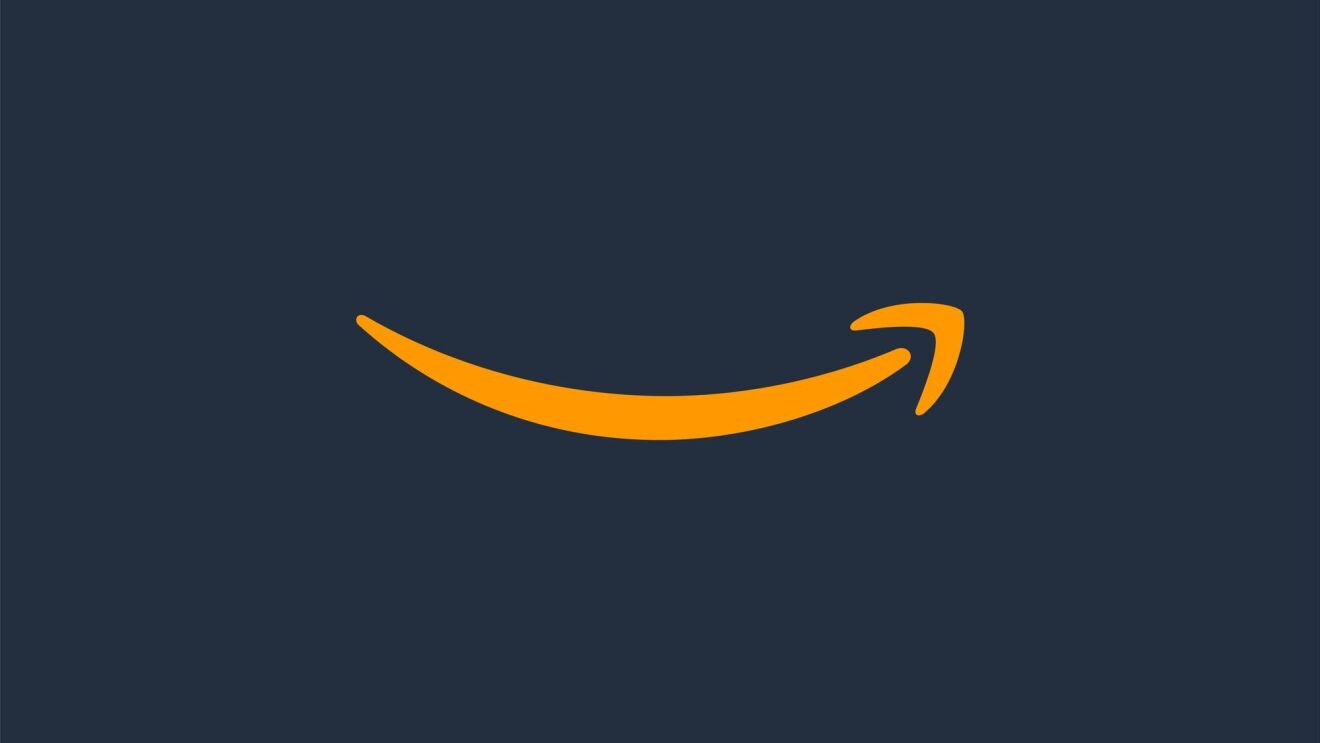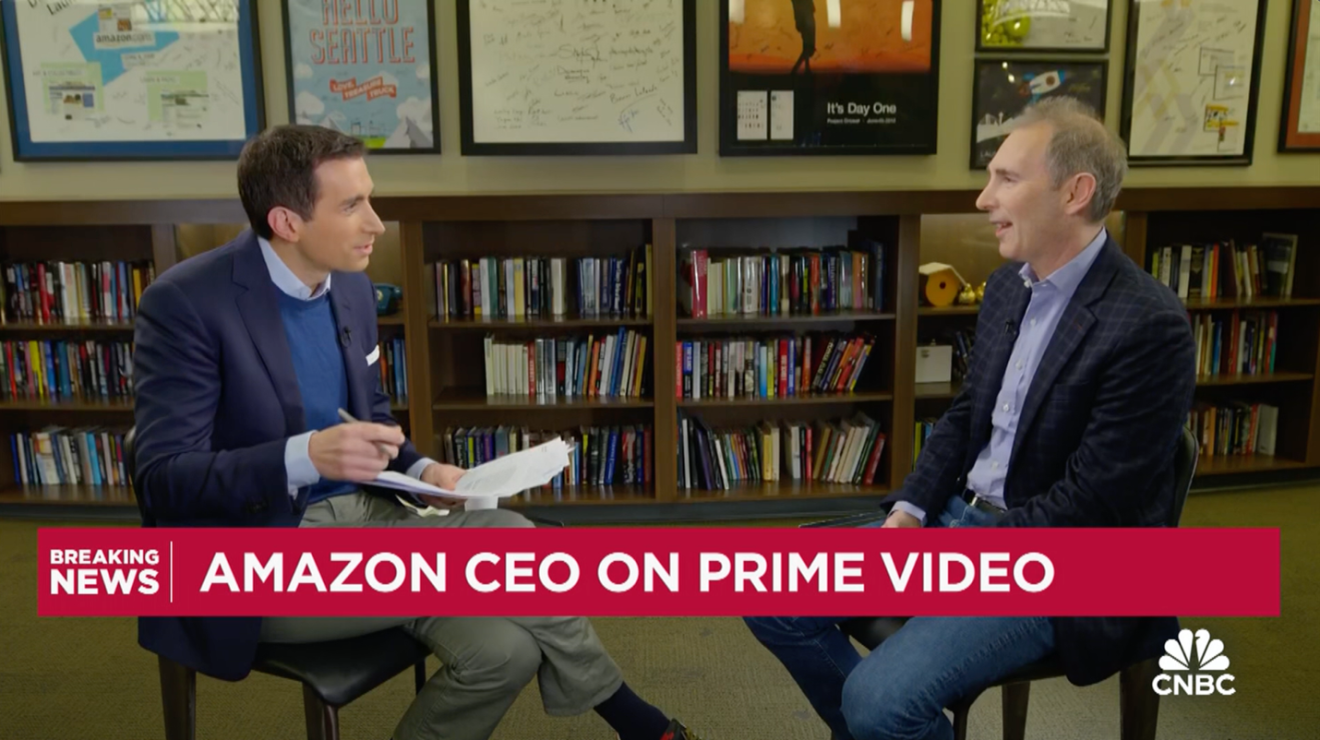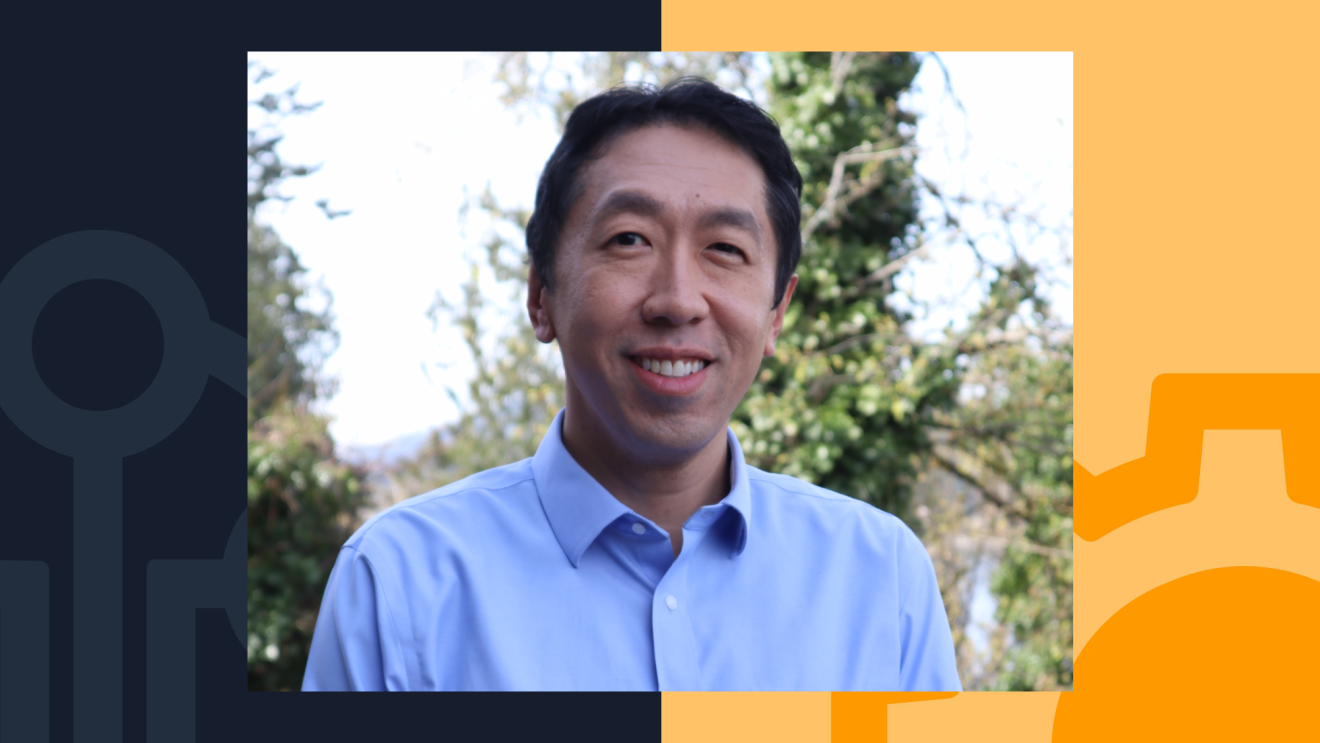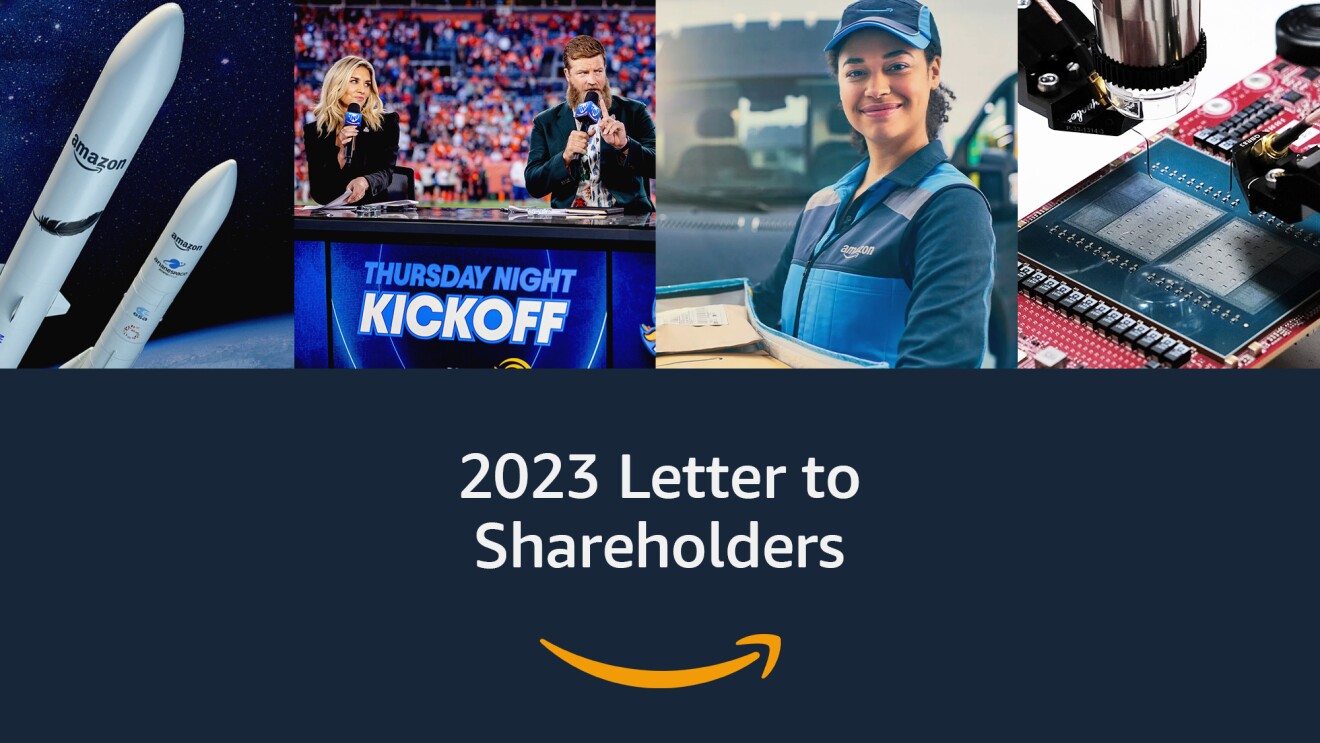With decades of experience pioneering the use of machine learning models and developing and deploying the world’s largest fleet of industrial robotics, Amazon has a long history of driving innovation in supply chain, logistics, and warehouse automation. AI technology and AWS infrastructure powers the hundreds of thousands of mobile robots, robotics arms, and other automation systems in our operations, assisting our employees as we deliver billions of customers’ orders every year. Amazon systems like Robin, Proteus, and Sequoia all make use of AI to understand the physical world and go about tasks safely and reliably as they work alongside our operations teams.
Our robotic fleet touches many of the orders we deliver today, moving inventory, sorting goods, and identifying customer orders. They take on the heavy lifting and repetitive tasks so that our operations are safer and more efficient for our employees. Over the years and through all this activity, we’ve been deeply focused on continuously learning and improving the movement of our inventory at our sites and how our robotics systems interact with them. We’ve been busy undertaking fundamental research in how to use these insights to build AI models that help our systems become even safer and more adaptable at scale. This research is helping design new ways for robots to be useful for our employees and better serve our customers.
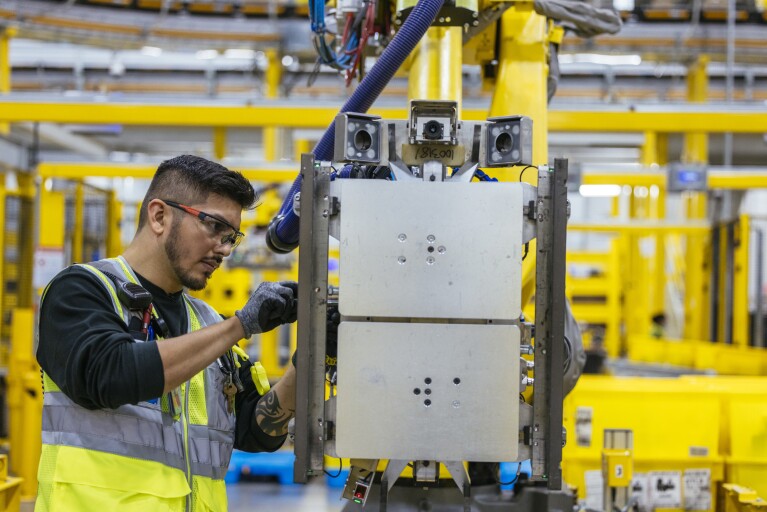
To help accelerate this innovation and the benefits it will provide to Amazon customers and beyond, we have a new commercial agreement with Covariant. Covariant is a Bay Area-based company that builds advanced AI models that enable robots to see, reason, and act on the world around them, supporting a number of different warehouse automation tasks. What we admire about the Covariant team is their iterative and customer-focused approach to developing technologies that solve the toughest challenges in warehouse automation and their deep understanding of that end-to-end process. Through our agreement, Amazon is receiving a non-exclusive license to Covariant’s robotic foundation models.Covariant’s models will help drive new ways to generalize how our robotic systems learn and provide dynamic opportunities for how we use automation to make our operations safer and better deliver for customers. As part of this effort, Amazon plans to grow its AI and robotics team in the Bay Area to tap into world class talent and advance the latest in automation.
Pieter Abbeel, Peter Chen, Rocky Duan, and a group of research scientists and engineers (around a quarter of Covariant’s current employees) will join Amazon’s Fulfillment Technologies & Robotics Team to help drive the development and implementation of Covariant’s technology within Amazon’s operations and continue to develop innovative AI solutions. Covariant will continue to serve its dozens of customers and build on Covariant’s technology that supports fulfillment and distribution center automation.
“We’re excited to welcome some of Covariant’s talented team to Amazon and look forward to building on this technology with them to deliver the next generation of robotics that will drive forward the state-of-the-art in automation,” said Joseph Quinlivan, Vice President, Amazon Fulfillment Technologies & Robotics. “With some of the smartest minds, we will advance fundamental research, marrying our rich expertise to unlock new ways for AI and robots to assist our operations employees. Imbedding Covariant’s AI technology into our existing robot fleet will make them more performant and create real world value for our customers.”
We’re looking forward to sharing more and welcome other AI and robotics researchers and technologists to join us for all the innovation that lays ahead.


